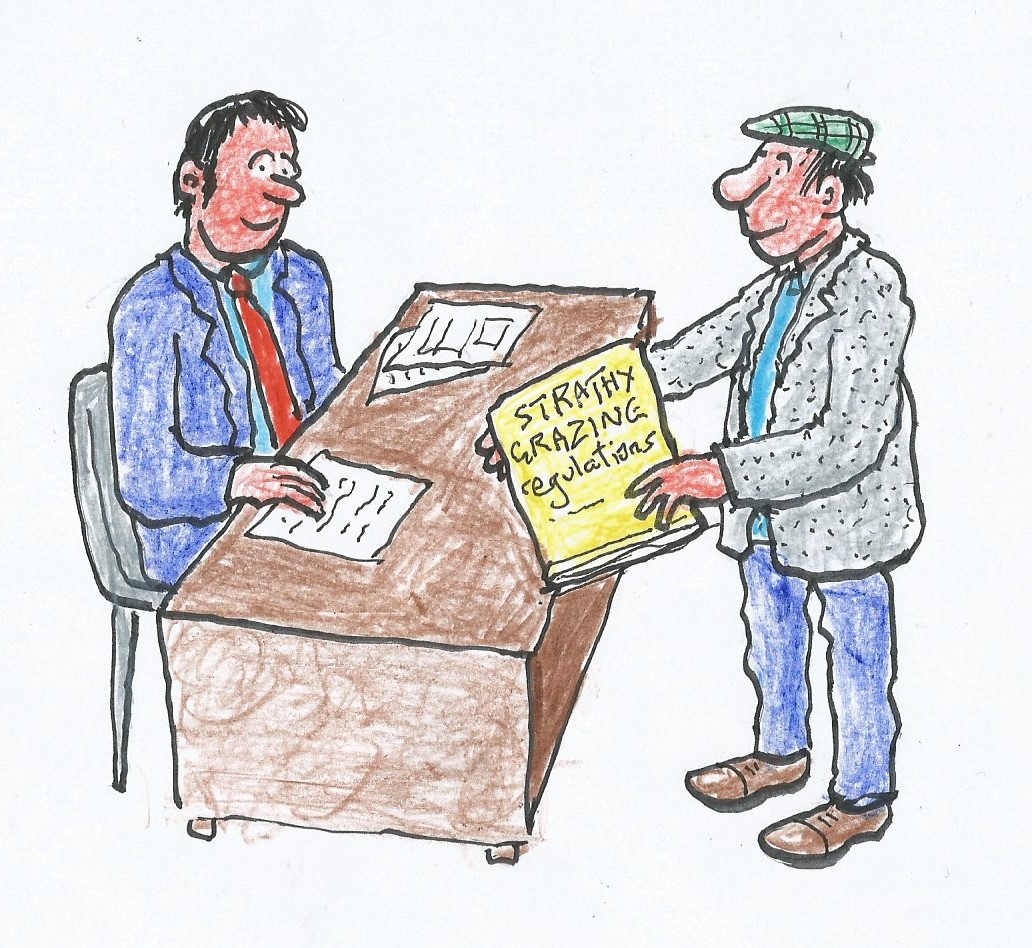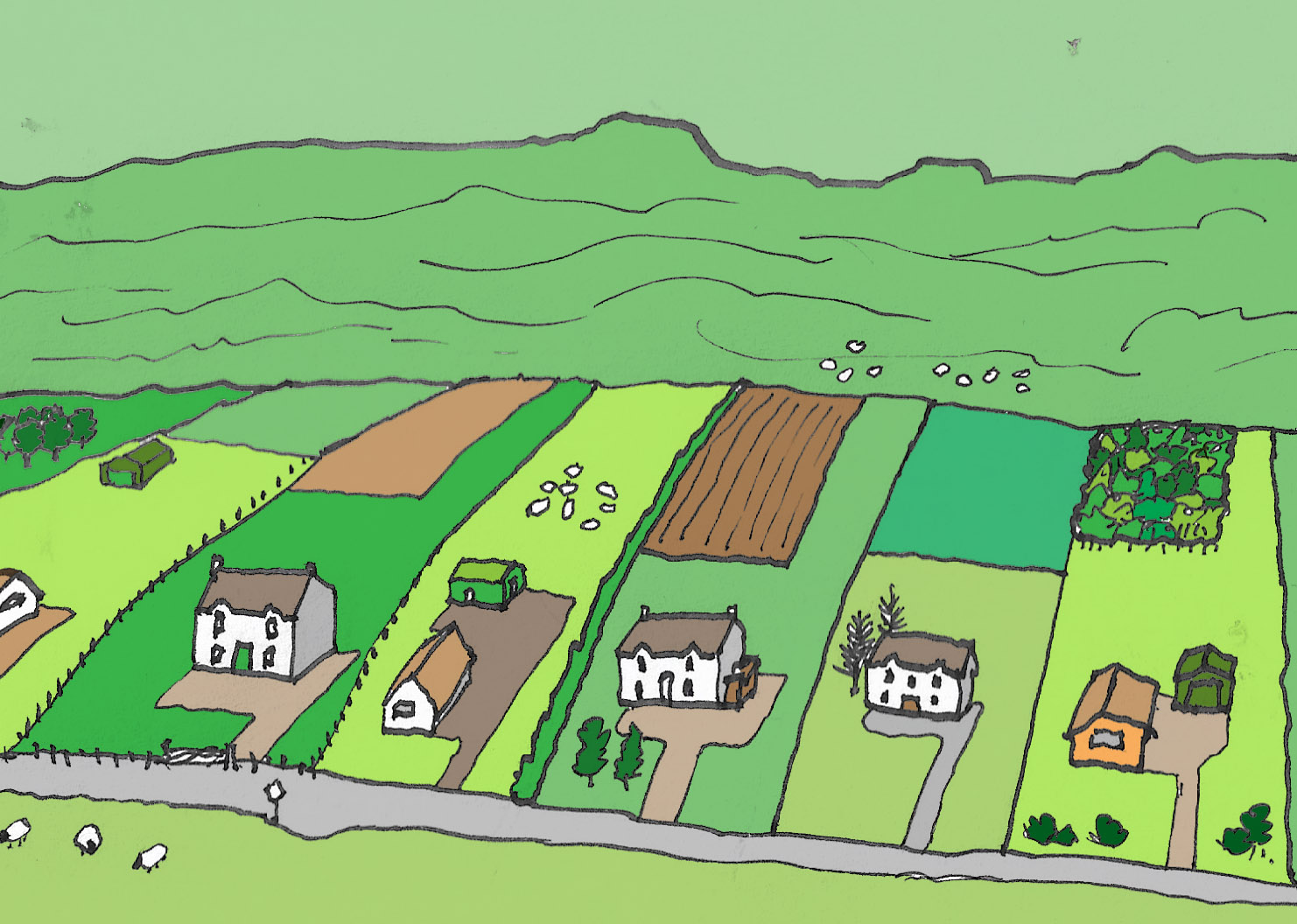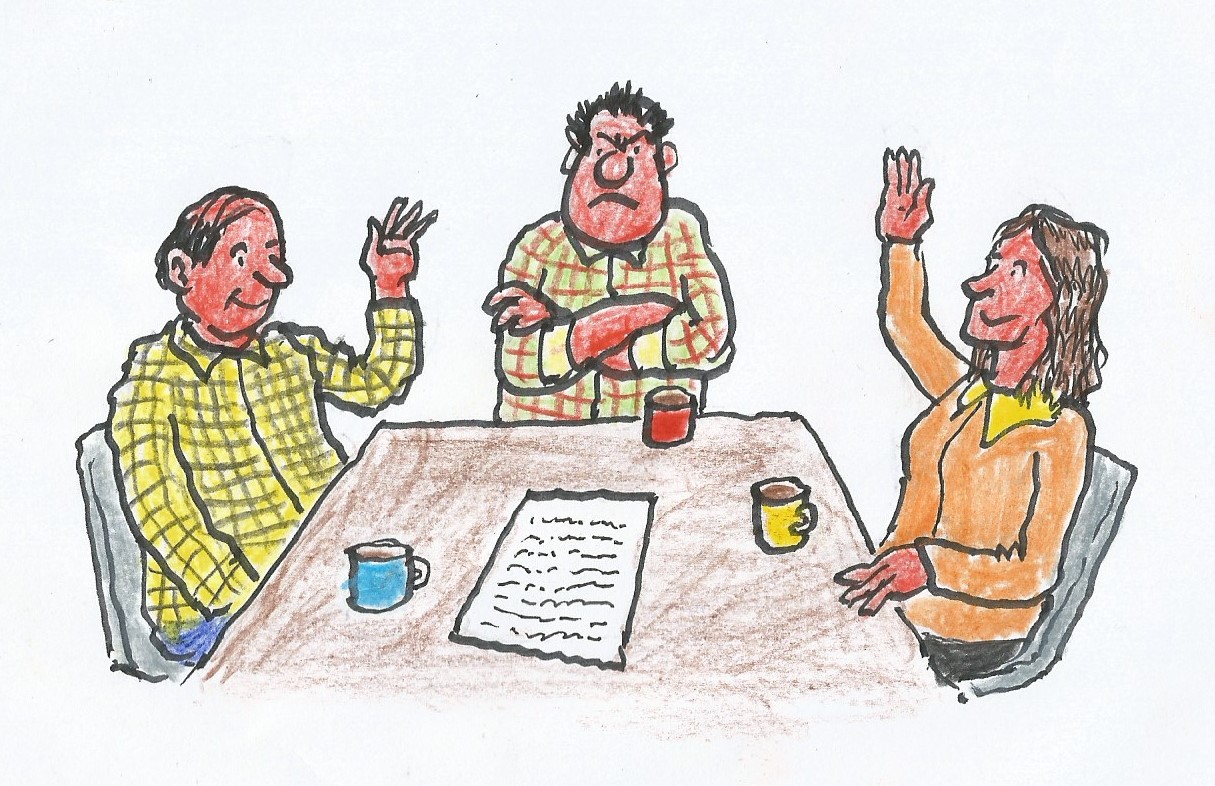A Simple Guide to Common Grazings Terms
13 September 2023This guide will help you navigate the language used for Common Grazings in the Crofting counties.
Further information, guides, videos and case studies can be found in the links.
The Act
Referred to in many documents, “the Act” is the full set of regulations in crofting law. The full title is: The Crofters (Scotland) Act 1993. As amended by the Crofting Reform (Scotland) Act 2007 and The Crofting Reform (Scotland) Act 2010.
Further Info:
Chairperson
This role might involve working with the clerk to plan meetings, and to keep order, make sure all agenda items are covered, and ensure everyone’s voice is heard.
Further Info:
Clerk
A person nominated to look after the records, organise meetings and communicate with the Crofting Commission. The clerk is usually, but not necessarily, a shareholder. The clerk can be helped by other committee members, such as a secretary or treasurer.
Further Info:
Common Grazings
Common Grazings are areas of land over which one or more crofters (and sometimes others) have a right to graze livestock. In some cases, other uses, such as cutting peat, are a right. Common grazings are often rough unimproved grassland, however in areas such as Uist, the Common might include productive machair ground. There are around 900 Common Grazings, covering about 500,000 hectares in the Highlands and Islands.
Often, crofts are adjacent to their Common Grazing. Some Common Grazings, especially in the Western Isles, also share in a larger “General” Common Grazing.
Crofts associated with a Common Grazing can be searched on the Crofting Commission Register of Crofts.
Further Info: Register of Crofts.
Grazings Committee
A Grazings Committee is made up of people that carry out all the administrative needs and management for a Common Grazing.
Often, the committee is made up of shareholders in the Common Grazing, however, sometimes non-shareholders are appointed, especially if they have useful skills, such as book-keeping.
The committee members are responsible for taking decisions for the proper management and use of the common grazings. Different jobs might be allocated to different members, if they are willing, such as treasurer, chairperson, or secretary.
Further Info:
Grazings Constable
Where there is difficulty in forming a Grazings Committee, the Crofting Commission can appoint someone to be the Grazings Constable. The Constable will have a similar role and duties as a Grazings Committee.
Grazing Regulations
Each Common Grazing has its own regulations which are administered by the grazings committee, having been approved by the Crofting Commission. For example the regulations will cover how often meetings are held, or how much to pay the clerk for their work.
Further Info:
A workbook to help committees work through their current regulations.

Regulated Common Grazing
“Regulated” denotes that the Committee have drawn up and had their Grazing Regulations approved.
Shareholder
Anyone who is entitled to share in a common grazing. Usually, a shareholder is a crofter.
Sheep Stock Clubs
Sheep stock clubs can broadly be defined as sheep flocks held in common ownership on a defined area of land, such as a Common Grazing, and farmed for collective benefit.
Further Info:
Souming
The number and type of stock which each Shareholder is entitled to put on the common grazing. Usually the number of sheep, the number of cattle and occasionally the number of horses.

Total Sheep Equivalents (TSEs)
A conversion of cattle numbers into sheep numbers, e.g. 1 cow = 5 sheep. TSEs are used to work out the share of a Common Grazing.
Township
A term used to describe a collection of crofts and their associated Common Grazing.

Treasurer
This role deals with the financial business of the grazings committee, for example, distributing or collecting funds. This role is often also undertaken by the Clerk.
Further Info:

Quorum
A majority of the members of the Grazings Committee, e.g. with 3 members, a quorum would be 2; with 8 members, a quorum would be 5. A quorum is required to agree decisions.

Sign up to the FAS newsletter
Receive updates on news, events and publications from Scotland’s Farm Advisory Service


